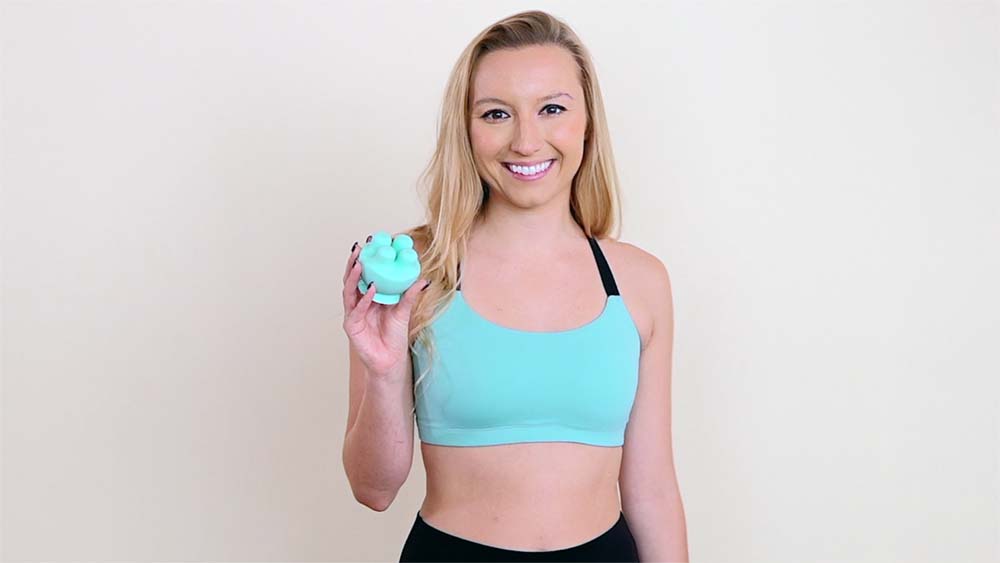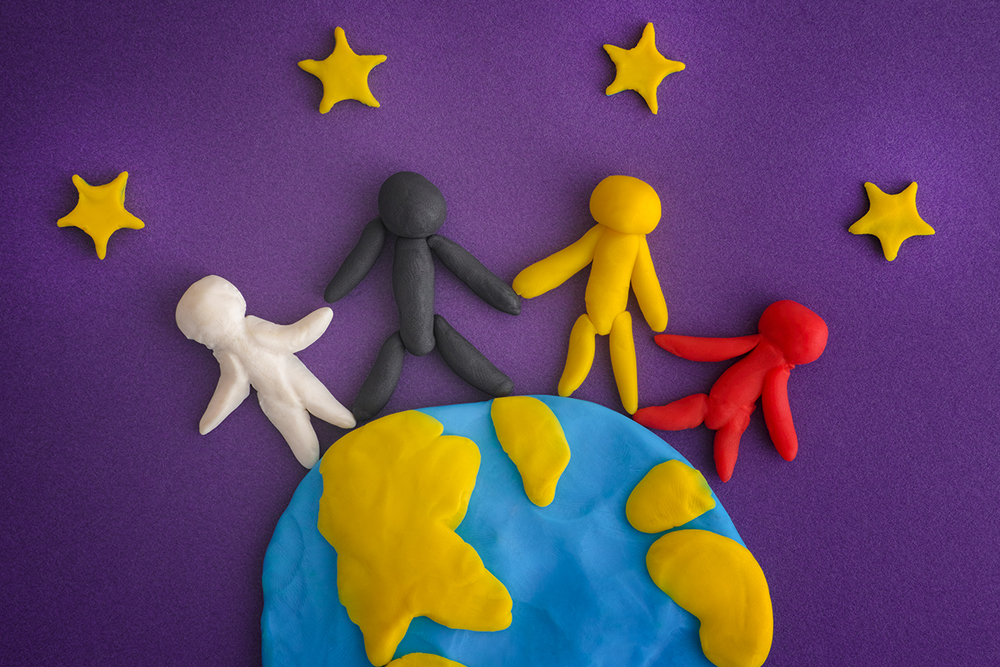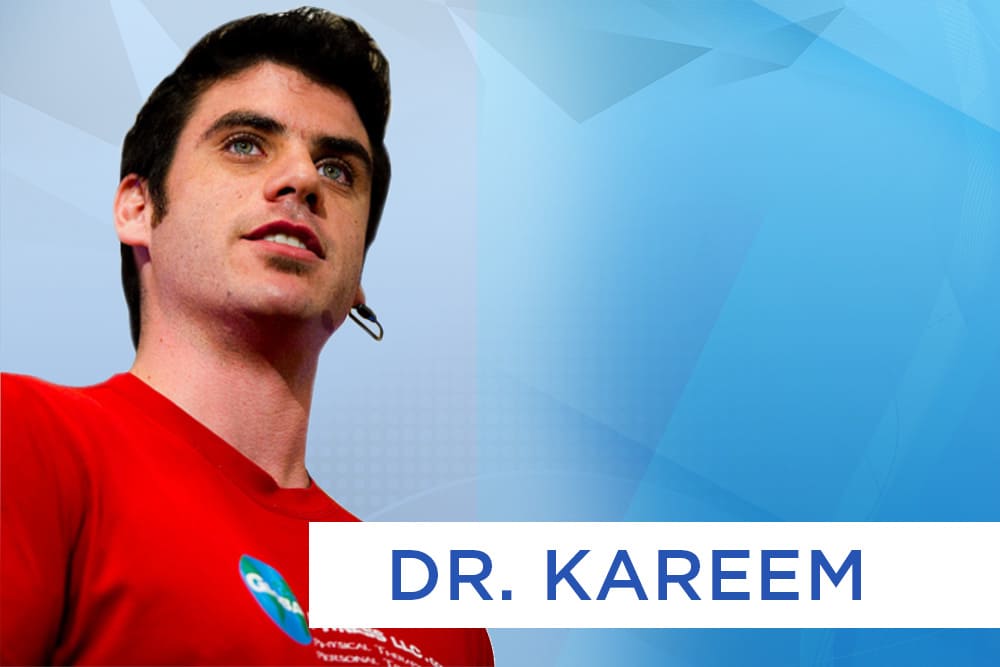 Consider this: we cannot control anything; only influence it.
Consider this: we cannot control anything; only influence it.left with a lot of questions. For example:
- Can’t I control what time I wake up in the morning?
- Aren’t I in control of my thoughts, actions, etc.?
- Don’t I get a say in my life… or is the argument that it’s all planned out for me?
So, I offer you this distinction. Control is not the same as opportunity. You can seize any opportunity you want, meaning you get to control the action you take in any circumstance. Similarly, you can proactively or ‘reactively’ think and feel. These are the aspects of life over which we have control.
On the other hand, we cannot control another human being, animal, or plant. As much as we like to think we say something and others will comply (especially at work or raising children!), that’s not the case. The most we can do is ‘influence’ someone to take a particular action, based upon what we feel will serve them.
Ultimately, the decision to act is theirs. The only thing we control is ourselves, and the only thing they control is themselves. And, even within this constraint of influence, we are limited. We cannot control our DNA, which affects how we think and what we think about. We can educate ourselves and learn to cope with our genes, overcome old belief systems that no longer serve us, and interact with our environments in a different way.
In short and within reason, we get to control our own realities; and no one else’s.
Now, when it comes to ‘influence’, we have many tools and resources to help enrich another person’s life. For example, we know an ‘intrinsic’ thought is far more meaningful than an ‘extrinsic’ one. So, if we come to our own conclusions about something, we are likely to plant this belief in our subconscious minds, find more proof of it in our environments, and defend it when times are tricky.
This means — when it comes to work or parenting — influence is the answer for improved outcomes, not control. Let’s say we want an employee or co-worker to be more productive at work. We have a few choices:
- Demand productivity and place a bounty on it (either reward or consequence for productivity).
- Ask for productivity and depend upon relationship to achieve desired outcome of employee being more productive. (fault relationship if s/he is not)
- Influence thought process that leads to lower productivity and where it may originate. By helping our employee/co-worker understand low productivity is a result of self-doubt, for example, we can find the source of the issue, have him/her think it through, and then rise to the occasion at work in the future.
- In this scenario, the discovery of self-doubt will be internal, and the conclusions drawn will be far more powerful than in the first two examples.
When we re-frame our ‘method’ and maintain the same outcome/goal, we realize the point was never control. The point was achieving our goal, or higher productivity in the example above.
The same considerations can be made on a family level. Let’s take a familiar example in my home, as I have a tendency to fall behind on cleaning dishes:
- Rise to the occasion — get the dishes done from now on, to protect your happiness (attempt to control your mood through my own actions)
- Resent — decide it’s not my job to make you happy by doing the dishes, and that it’s not my fault you are unhappy; it’s yours. Me doing the dishes or not doing the dishes “shouldn’t” have this effect, so it’s on you. (place responsibility back on you)
- Repeat the positive action — every time I open the fridge to get something to eat, I’ll see I’ve made you happy and you are saying thank you. Internally, I’ll seek more praise/gratitude, and I’ll be drawn to do dishes and clean the kitchen naturally.
- Accept the praise and file it (no immediate action) — I might feel really good about helping you feel happy and grateful, but this may not necessarily lead to the same action in the future. Instead, I might look for other ways to make you happy, or simply pat myself on the back and move on. In either instance, the emotional importance of me doing the dishes has not been emphasized, and I’m unlikely to have a resentful reaction in the future if I catch a scour or nasty look when I forget. I’ll realize you love me and that I forgot to do something. Without any importance placed upon it, I’ll probably proceed to do the dishes and smile.
So, we are given an opportunity every time we want to control another person: attempt control and distance the relationship, or feed their soul and influence them towards positive action that mutually serves both of us.
In doing so, your problems/worries will be minimized, your mindset will be maximized, and you’ll gain respect and admiration for freedom of choice. After all, your ability to choose independently is one of the greatest gifts you get in life, and it’s something worth protecting; not just for you, but for those you love.
I’m so grateful for you,


About Author
Dr. Kareem Samhouri
Dr. Kareem Samhour is known as (perhaps) the best Doctor of Physical Therapy & Kinesiologist on the internet. People come to him for results when other methods fail, injury gets in the way, or health situation is more complicated. Dr. Kareem Samhouri exercising In fact, he and his companies reach a combined total of 1.5 MILLION people on a daily basis to help them with their health. If you ever saw Dr. Kareem on the street and mentioned something was going on with your health, however, he would volunteer and offer to help you for free... that's the Dr. Kareem way.







